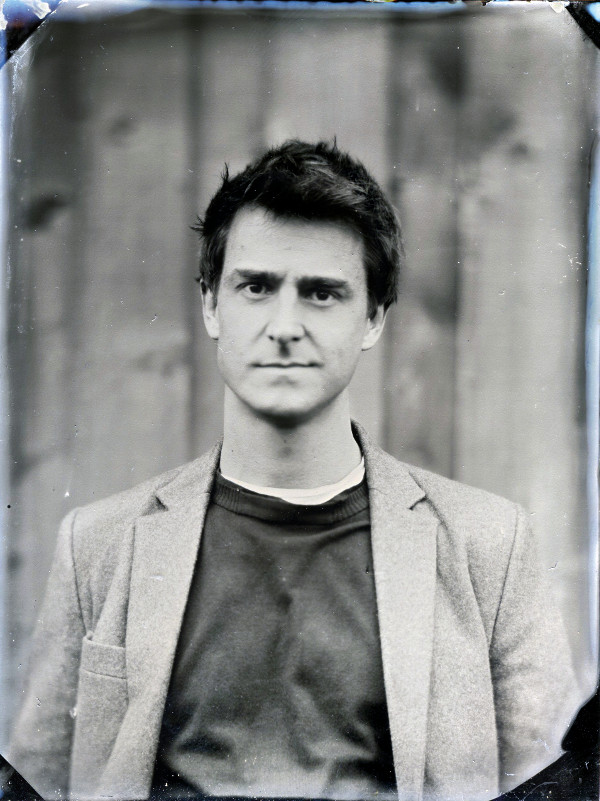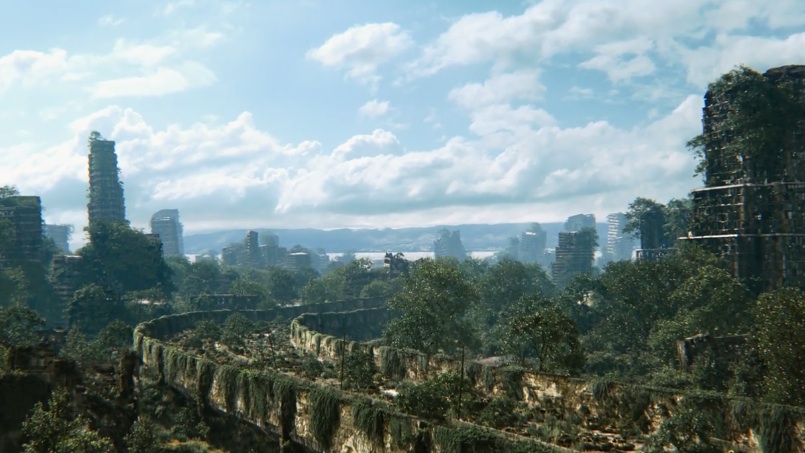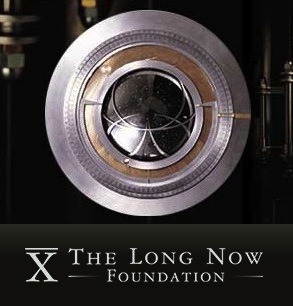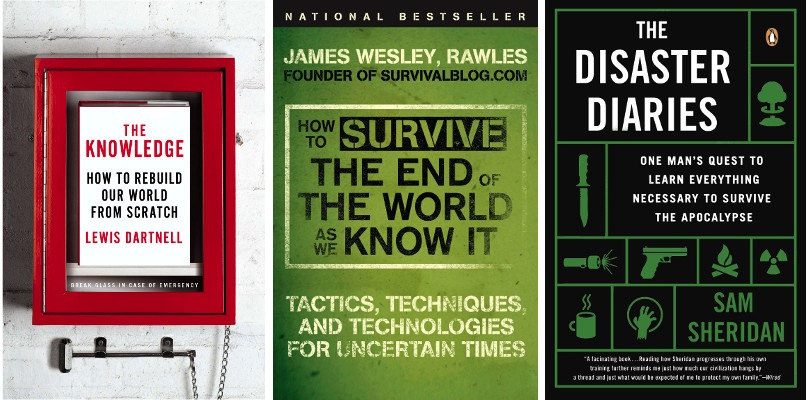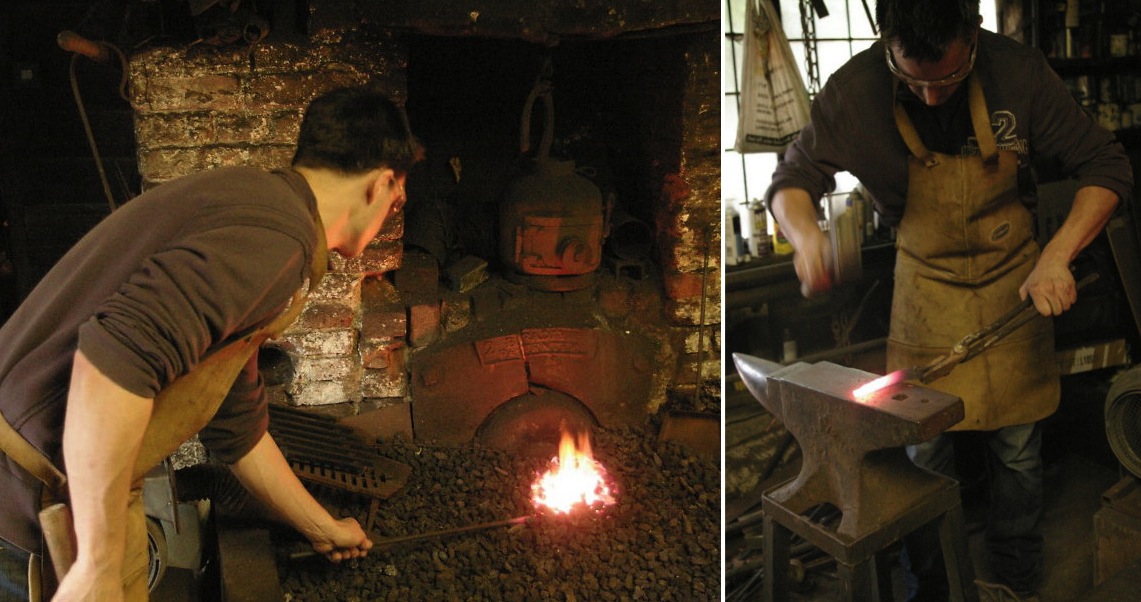How to build a house: rising from the ashes
Guest post by architectural designer Sam Davey (@SNDavey; website). All illustrations © Sam Davey.
Shelter. It’s one of the most fundamental of needs but immediately after the Fall permanent habitation it is likely to be the last thing on your mind. You may be one of those displaced by the crisis of civilisation, or reacting to more violent parts of the population, scavenging for food or simply looking for a source of uncontaminated water. In any case, in the immediate aftermath it is very likely that most nights not spent under the stars will be spent under a roof built before the collapse.
These buildings, though, will not last forever and the time will come when a post-apocalyptic community is going to need to know how to construct permanent shelter for itself. Here’s how to build a house.
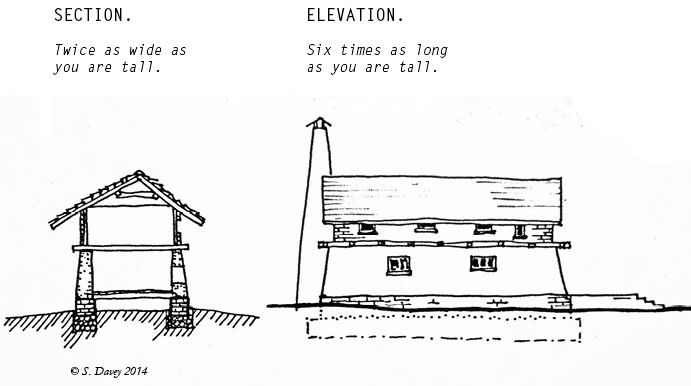

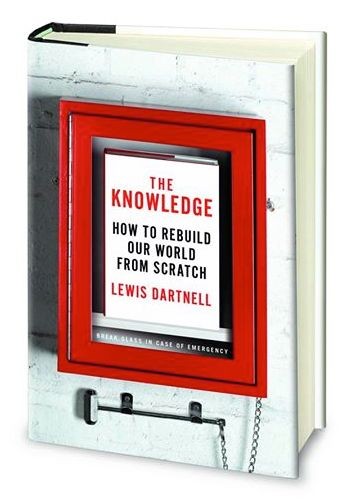
 The epigraph introducing the whole book is a line from T.S. Eliot’s The Waste Land:
The epigraph introducing the whole book is a line from T.S. Eliot’s The Waste Land: